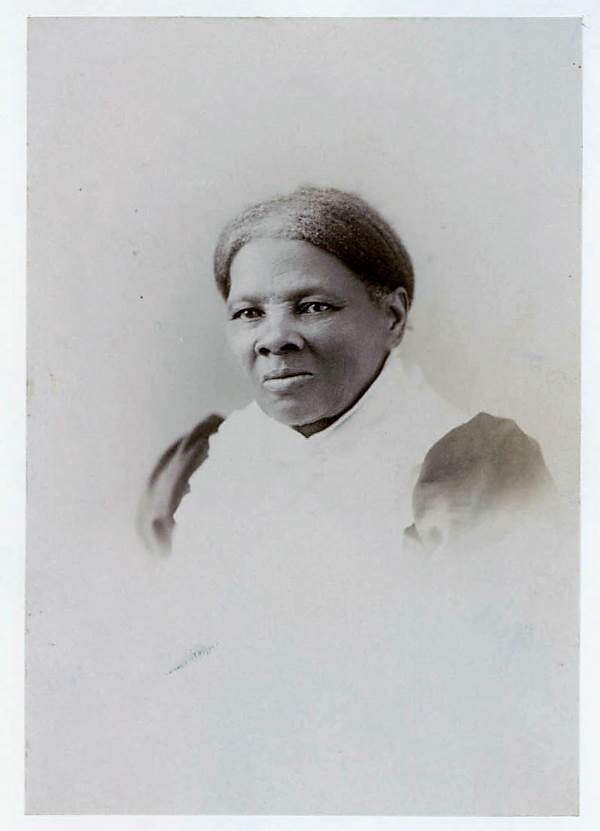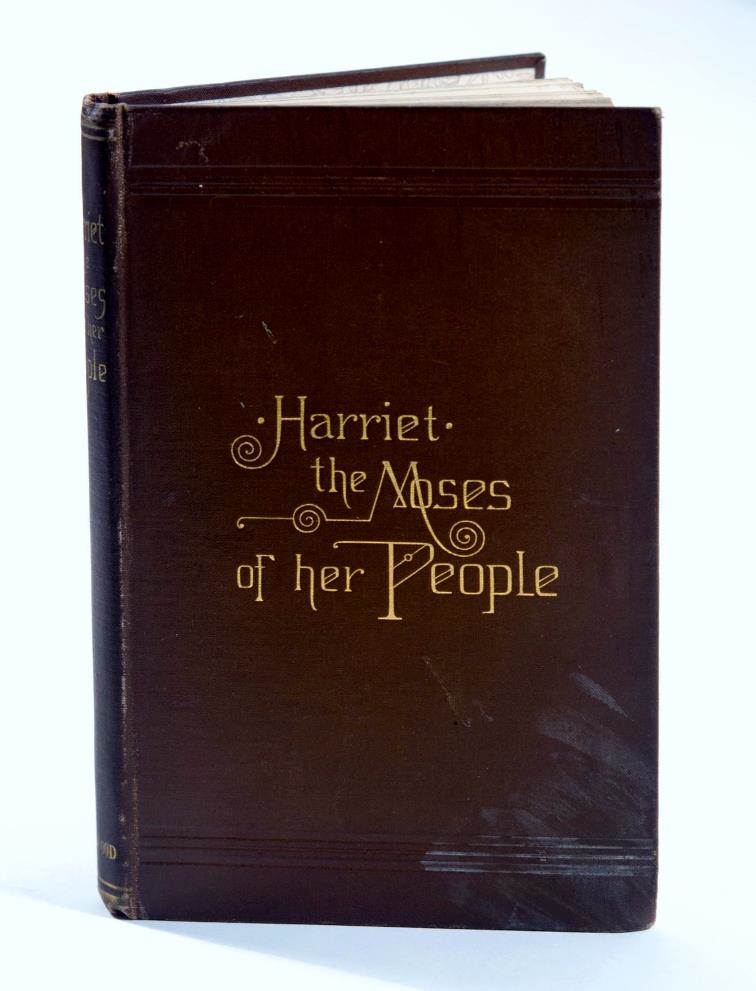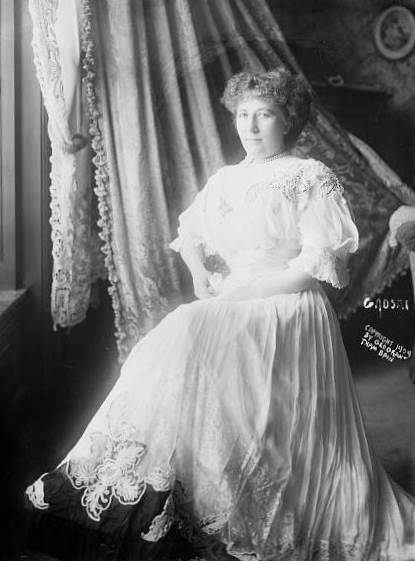By Elaine Heavey, Reader Services
The MHS is thrilled to receive the list of the incoming research fellows for the 2015-2016 cycle. Each year our various fellowship programs bring a wide variety of researchers working on a full range of topics into the MHS library. The Reader Services Staff enjoys getting to know the fellows, many of whom become career-long friends of the Society, returning to our reading room year after year.
If any of the research topics are particularly interesting to you, keep an eye on our events calendar over the course of the upcoming year, as all research fellows present their research at brown-bag lunch programs as part of their commitment to the MHS.
For more information about the different fellowship types, click the headings below.
*******
MHS-NEH Long-term Research Fellowships (With special thanks to the support of the National Endowment for the Humanities, an independent agency of the U.S. government):
Manisha Sinha, University of Massachusetts – Amherst, “Men for All Seasons: Sumner, Stevens, and the Making of Radical Reconstruction”
Kara Swanson, Northeastern University, “A Passion for Patents: Inventiveness, Citizenship and American Nationhood”
Suzanne and Caleb Loring Research Fellowship On the Civil War, Its Origins, and Consequences (with the Boston Athenaeum):
Kent McConnell, Phillips Exeter Academy, “A Time-Stained God: Spiritual Lives, Civil War Deaths and the Violent Remaking of Religion in America”
MHS Short-Term Research Fellowships:
African-American Studies Fellow
James Shinn, Yale University, “Republicans, Reconstruction, and the Origins of U.S. Imperialism in the Caribbean, 1865-1878”
Andrew Oliver Fellow
Kimberly Alexander, University of New Hampshire, “Exploring Anglicization Through Pre-1750 Textiles”
Andrew W. Mellon Fellows
Abigail Cooper, Brandeis University, ‘“Lord, Until I Reach My Home’: Inside the Refugee Camps of the American Civil War”
Stephen Engle, Florida Atlantic University, “Champion in Our Hour of Need: The Life of John Albion Andrew”
Jessica Farrell, University of Minnesota, “(Re)Capturing Empire: A Reconsideration of Liberia’s Precarious Sovereignty and American Empire as Exception in the 19th Century”
Andrea Gray, Papers of Thomas Jefferson and George Mason University, “’Leaving their callings’: Retirement in the Early Republic”
Ross Nedervelt, Florida International University, “The Border-seas of a New British Empire: The British Atlantic Islands in the Age of the American Revolution”
Luke Nichter, Texas A&M University – Central Texas, “Henry Cabot Lodge, Jr., and the Decline of the Eastern Establishment”
Franklin Sammons, University of California, Berkeley, “The Long Life of Yazoo: Land Speculation, Finance, and Dispossession in the Southeastern Borderlands, 1789-1840”
Michael Verney, University of New Hampshire, “’Our Field of Fame’: Naval Exploration and Empire in the Early American Republic, 1815-1860”
Stephen West, Catholic University of America, “A Constitutional Lost Cause: The Fifteenth Amendment in American Memory and Political Culture, 1870-1920”
Benjamin F. Stevens Fellow
Abram Van Engen, Washington University in Saint Louis, “American Model: The Life of John Winthrop’s City on a Hill”
Louis Leonard Tucker Alumni Fellows
Catherine Kelly, University of Oklahoma, “Making Peace: Loyalists in the Early U.S. Republic”
David Montejano, University of California, Berkeley, “From Southern Plantation to Northern Mill: Traveling along the Cotton Trail during the American Civil War”
Malcolm and Mildred Freiberg Fellow
Nora Slominsky, Graduate Center, CUNY, “’The Engine of Free Expression’[?]: The Political Development of Copyright in the Colonial British Atlantic and Early National United States”
Marc Friedlaender Fellow
Julia Rose Kraut, New York University, “A Fear of Foreigners and of Freedom: Ideological Exclusion and Deportation in America”
Massachusetts Society of the Cincinnati Fellow
Craig Smith, Lesley University, “Redemption: The American Revolution, Ethics, and Abolitionism in Britain and the United States”
Ruth R. & Alyson R. Miller Fellows
Evan Haefeli, Texas A&M University, “The Delaware as Women and the Iroquois Great Peace of 1670”
Cathryn Halverson, University of Copenhagen, “Faraway Women and The Atlantic Monthly”
W. B. H. Dowse Fellows
Nathan Fell, University of Houston, “The Nature of Colonization: Native Americans, Colonists, and the Environment in New England, 1400-1750”
Michael Hattem, Yale University, “The Past is Prologue: The Origins of American History Culture, 1730-1800”
New England Regional Fellowship Consortium (NERFC) Awards (* indicates that part of fellowship will be completed at the MHS):
*Cassandra Berman, Brandeis University, “Motherhood and the Court of Public Opinion: Transgressive Maternity in America, 1768-1868”
Amy Breimaier, University of Massachusetts – Amherst, “’I learn my Books well’: Child Readers and the Economics of Cultural Change in New England, 1765-1815”
Jamie Brummitt, Duke University, “Protestant Relics: The Politics of Religion and the Art of Mourning in the Early American Republic”
*Emily Burns, Auburn University, “Innocence Abroad: The Cultural Politics and Paradox of American Artistic Innocence in Fin-de-Siècle France”
Ben Davidson, New York University, “Freedom’s Generation: Coming of Age in the Era of Emancipation”
Mary Draper, University of Virginia, “The Tropical Metropolis: Cities and Society in the Early Modern British Caribbean”
*John Garcia, University of Pennsylvania, “Specimen Pages: Critical Bibliography and Digital Analysis of 19th-Century Subscription Publishing in America”
*Louis Gerdelan, Harvard University, “Calamitous Knowledge: Understanding Disaster in the British, Spanish, and French Atlantic Worlds, 1666-1755”
Matthew Ghazarian, Columbia University, “Famine and the American Protestant Mission: Humanitarianism and Sectarianism in Turkey, 1858-1893”
*Kenyon Gradert, Washington University in St. Louis, “The Second Reformation: Protestant Inheritance in Antislavery New England”
Nalleli Guillen, University of Delaware, “Round the World Every Evening: Panoramic Spectacles, Entertainment Culture, and a Growing Imperial Consciousness in Nineteenth-Century America”
Jane Hooper, George Mason University, “’Let the Girls Come Aboard’: Intimate Contact between America and Madagascar”
Rachel Knecht, Brown University, “Inventing the Mathematical Economy in Nineteenth-Century America”
*Jonathan Lande, Brown University, “Disciplining Freedom: Union Army Slave Rebels and Emancipation in the Civil War Courts-Martial”
*Rachel Miller, University of Michigan, “Capital Entertainment: Creative Labor and the Modern Stage, 1860-1930”
Alexandra Montgomery, University of Pennsylvania, “Projecting Power in the Dawnland: Colonization Schemes, Imperial Failure, and Competing Visions of the Gulf of Maine World, 1710-1800”
Carrie Streeter, University of California, San Diego, “Before Yoga: Self-Expression and Health in the Age of Nervousness”
Andrew Wasserman, Louisiana Tech University, “Bang! We’re All Dead: The Places of Nuclear Fear in 1980s America”
















